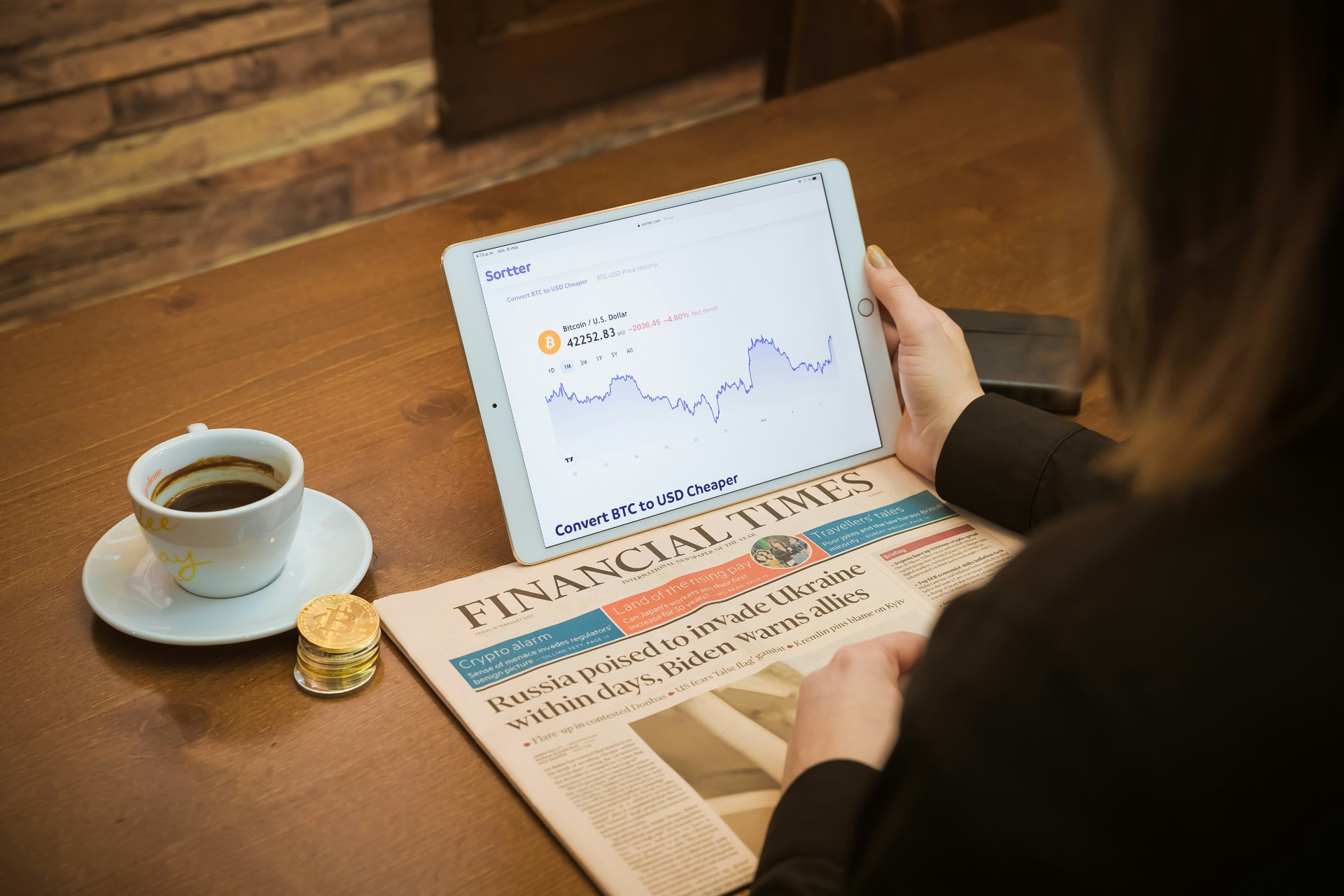
Cabo Verde is Africa’s quietest –Emerging Opportunity
Cabo Verde has just posted 7.3 per cent real GDP growth in 2024, cut inflation to 1 per cent, and joined the ranks of upper-middle-income countries while keeping its currency locked to the euro at exactly €1 = CVE 110.265. For investors hunting growth without the usual currency or political headaches, the ten-island nation 600 km off Senegal is suddenly hard to ignore.
Rock-Solid Fundamentals
The archipelago is one of Africa's three most stable democracies and the continent's second-least corrupt nation after Seychelles. S&P raised its outlook to positive in August 2025. The US State Department rates the whole country Level 1 – "exercise normal precautions" – with only the capital Praia flagged Level 2 for street crime. Violence against foreigners is rare; petty theft is the main concern.
No Currency Risk
Since 1998 the Cape Verdean Escudo has been pegged immovably to the euro, backed by a Portuguese credit facility and defended by the Central Bank. Euros are accepted everywhere on the tourist islands. In practice, eurozone investors face zero exchange-rate exposure – a feature almost unknown elsewhere in sub-Saharan Africa.
Perfect Time Zone, Workable Languages
At UTC-1, Cabo Verde is one hour behind Lisbon, four hours ahead of New York and ideally placed for Brazil. Remote teams already use it as the most convenient Atlantic time zone outside the Canaries. Portuguese is official, Creole the daily tongue, but English and French are routine in business, especially on Sal and Boa Vista.
Mid-Atlantic Hub Taking Shape
Four hours from Europe, 3.5 hours from Brazil, one hour from Dakar – the geography is obvious. What's new is the hardware: EllaLink submarine cable now links Brazil to Europe via Cabo Verde at 60 ms latency; a €45.6 million African Development Bank-funded TechPark CV will house 1,500 tech workers in a zone offering 2.5 per cent corporate tax; four ports are being modernised with €148 million of EU Global Gateway money; Sal airport handled 2.03 million passengers last year and is expanding again.
Four Sectors Ripe Today
- Sustainable Tourism & Real Estate – Tourism drives 25 % of GDP and passed one million visitors in 2023. Rental yields on Sal and Boa Vista still run 6–10 %.
- Digital & Technology – The new Special Economic Zone for Technology (ZEET) targets fintech, e-government and digital-nomad bases.
- Renewable Energy – Target is 50 % renewable penetration by 2030; FDI in the sector rose 15 % in 2024.
- Blue Economy & Maritime – The government wants maritime services to contribute 25 % of GDP and create 35,000 jobs by 2030 through port upgrades, ship repair and sustainable aquaculture.
Investor-Friendly Rules
Companies can be registered in one day ("Empresa no Dia"). Investments above 5 million escudos go through a genuine one-stop shop with a 75-day approval target. Corporate tax can fall to 2.5–5 % in special zones, equipment imports are duty-free, and profits repatriate freely. Permanent residency starts at €80,000–€120,000 in qualifying real estate, with citizenship possible after five years.
Market Access Few Can Match
Cabo Verde sits inside ECOWAS (visa-free travel to 15 West African countries), enjoys the EU's GSP+ preferential regime, benefits from the US AGOA programme, and is fully part of the African Continental Free Trade Area. It is, in effect, a low-risk platform from which to reach Europe, West Africa and the Americas.
The country is not perfect – water is scarce, the domestic market small, and Praia at night demands normal city sense. Yet for companies or individuals seeking an emerging market where the currency doesn't move, the lights stay on, English works, and the rule of law actually functions, Cabo Verde has quietly solved the problems that still plague most frontier destinations.
The rest, as they say, is execution. And execution is exactly what the numbers now suggest is under way.
